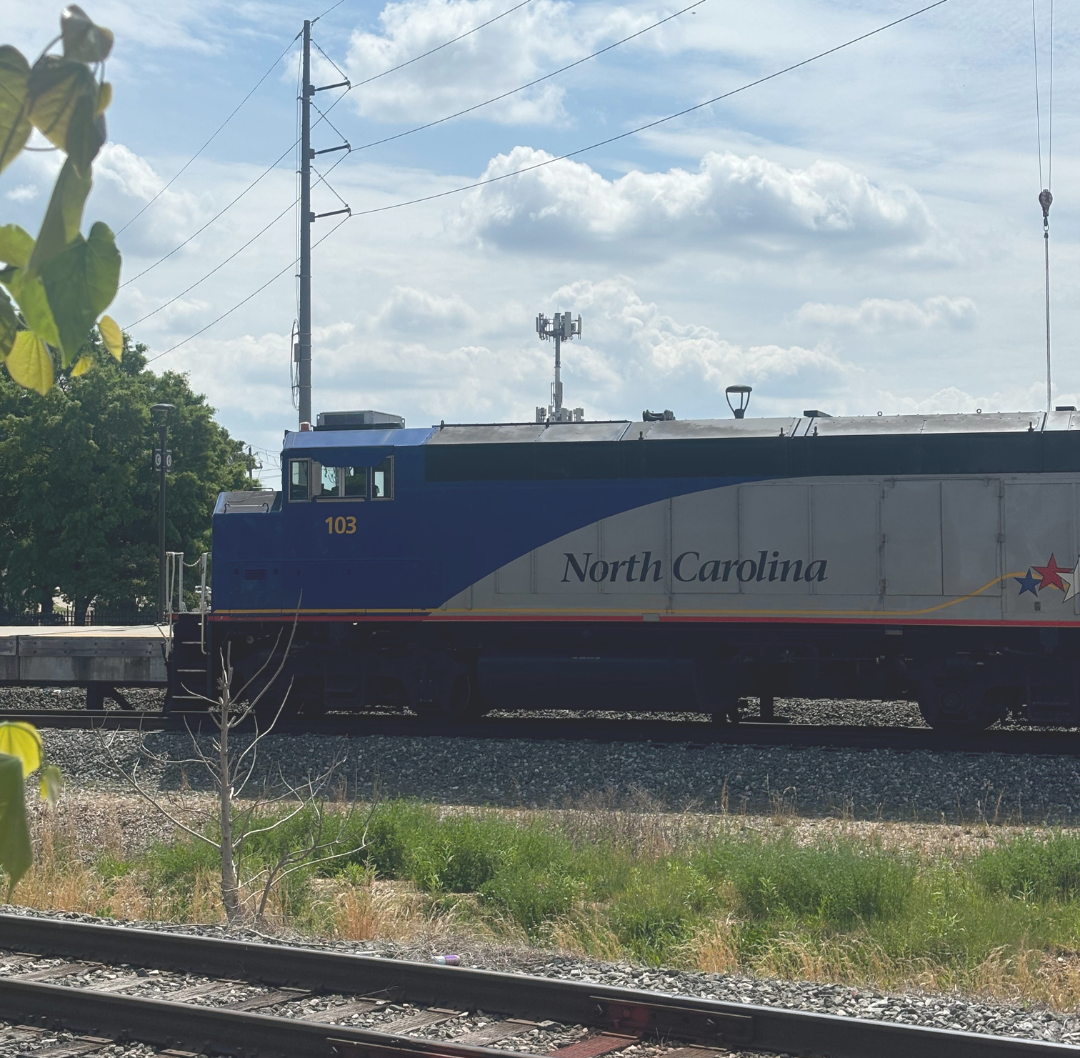Wake County’s population is projected to grow faster than any other North Carolina county–nearly 64% over the next 25 years, according to population projections from the NC Office of State Budget and Management.
Updating public transportation and roads has become a primary focus as the county is projected to have 718,826 new residents by 2050.
Lifelong Raleigh resident Whit Hanvey isn’t surprised at the project because the county already “looks so different than it did 10 years ago” and “seems to always be building something.”
Every two years, the Wake County Board of Commissioners sends residents the “Wake Insights” survey, giving residents the chance to share what they feel should be prioritized. The most recent survey had 2,400 responses and included transportation and road infrastructure concerns.
To address those concerns, Wake County is working with the North Carolina Capital Area Metropolitan Planning Organization to help plan future transportation needs. Wake County Deputy Director Shelby Powell says the adopted transportation plan for the region looks out to 2050 to serve the anticipated population growth. The Capital Area Metropolitan Planning Organization serves Wake, Johnston, Harnett, Chatham, Granville and Franklin counties but does not have jurisdiction over land use, which affects transportation decisions.
With 12 municipalities making up Wake County, land use decisions are made at the local level–at the city, town or county level. Powell said the organization will work closely with member jurisdictions to make recommendations that are “responsive to being transit-supportive or consider impacts to the road and bike networks as development occurs.”
Capital Area Metropolitan Planning Organization projects are divided into corridor, hot spot and special studies. Corridor studies aim to improve transportation routes that run across the entire county. Hot spot studies are conducted at a local level where there is excessive congestion. Special studies focus on topics like safety, improvement types, and transit. The planning group compiles information about regional road safety, mass transit, and the transportation needs in vulnerable parts of Wake County.
Two major transit projects still need approval. The Morrisville Parkway Access Management Study is waiting for approval with hopes of increasing travel routes to reduce congestion in high traffic areas. The U.S. 401 Corridor Study is also waiting for approval. With only one route available to travel from Raleigh to Harnett County, the plan calls for realigning U.S. 401 to provide more choices. The 2050 Metropolitan Transportation Plan- Roadway Projects lists major road improvement projects that are estimated to be completed over the next 25 years. The projects’ costs range from $5 million to $579 million each, with most projects adding lanes to current roads and expressways to accommodate the expected growth in the region.
Metropolitan Planning Organization executive director Chris Lukasina said projected improvements to NC 540, which is known as the “Raleigh Outer Loop,” have become more expensive because of inflation. The “Raleigh Outer Loop” is the meeting of I-540 and NC 540 and circles around the city of Raleigh.
Phase 1 of the project will extend the Triangle Expressway about 18 miles to open a wider portion of roads. Phase 2 will extend the same expressway another 10 miles toward Knightdale to complete the “Raleigh Outer Loop.” As Wake County becomes the fastest growing county in the state, Lukasina emphasizes that “time is money, with a current estimate of $1.3 billion” for this project.
Improvements to Capital Boulevard began in the early 2000’s and are still ongoing. The project has experienced funding delays that started in 2016 due to an increase in the cost of materials. In 2025, the project is on its fifth round of funding. The county Board of Commissioners has discussed how to obtain funding more quickly, including an added express lane with tolls.
By “dynamically improving the toll rate” area drivers will contribute to the funding shortfall. Lukasina says, “you can’t build yourself out of congestion” and “an express lane provides a reliable travel time.” The added express lane will be available for those drivers willing to pay the extra tolls. Lukasina says adding “community support in our projects” can contribute to speeding up the projects’ timeline.
Wake County officials say they are improving Wake’s transportation services to adjust to the growing population. The goal is to reduce traffic congestion and improve travel times while accommodating current and future residents. A drive through the county reveals these efforts, marked by road closures and neon orange construction signs, as various transportation projects continue.







